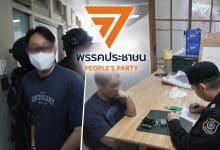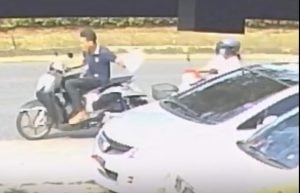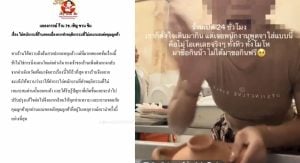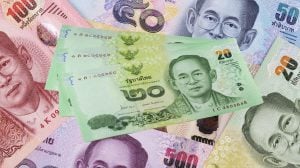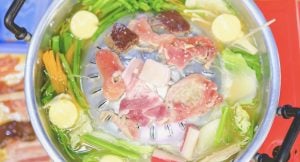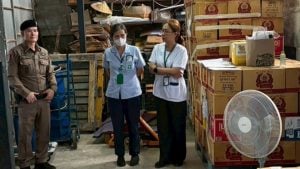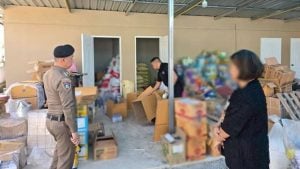Myanmar court jails Australian publisher for 13 years over drugs charges
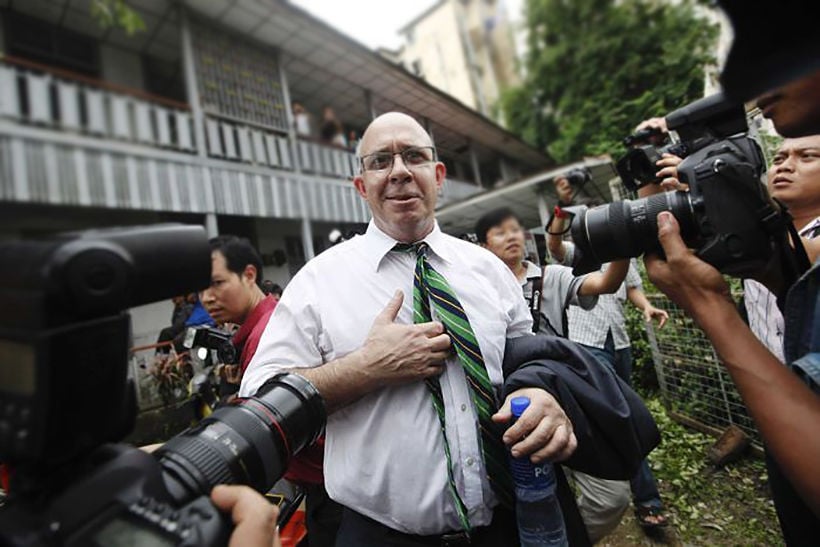
PHOTO: Soe Zeya Tun
A Myanmar court yesterday sentenced 60 year old Australian media publisher Ross Dunkley to 13 years in jail after a police raid uncovered a stash of drugs at his home in Yangon in 2018.
Ross has extensive links with the media industry across Southeast Asia, co-founding the English language newspaper The Myanmar Times when Myanmar was still in the tight grip of a military dictatorship. Arguably, not a lot has changed despite the facade of a democratic make-over. Ross also used to be co-owner of Cambodia’s Phnom Penh Post.
Police arrested him, his business partner John McKenzie and seven Burmese nationals during a June 2018 raid on his home. Officers say they found a stash of crystal methamphetamine (ice), methamphetamine pills (yaba), three opium ‘cakes’, marijuana and a small amount of heroin, according to AFP.
Two people working as domestic helpers were later released.
Judge Myint Myint Maw announced the sentence at Yangon’s Western District court yesterday.
“Ross Dunkley and John McKenzie are sentenced to 13 years.”
Mr. Dunkley “appeared shaken and declined to speak to reporters” as he was led away.
Five Burmese women, also on trial broke down in tears as they were each sentenced to 11 years. All defendants had denied the charges and it is not yet clear if any will appeal.
The raid on Mr. Dunkley’s home was the second run-in with Burmese authorities. In 2011 he was sentenced to a month in prison for the assault of a woman at a Yangon nightclub.
Myanmar is now believed to be the largest producer of methamphetamine in the world in a shadowy, multi-billion-dollar industry, concentrated in the lawless Shan state that borders Thailand and Laos, aka. The Golden Triangle.
SOURCE: The ASEAN Post
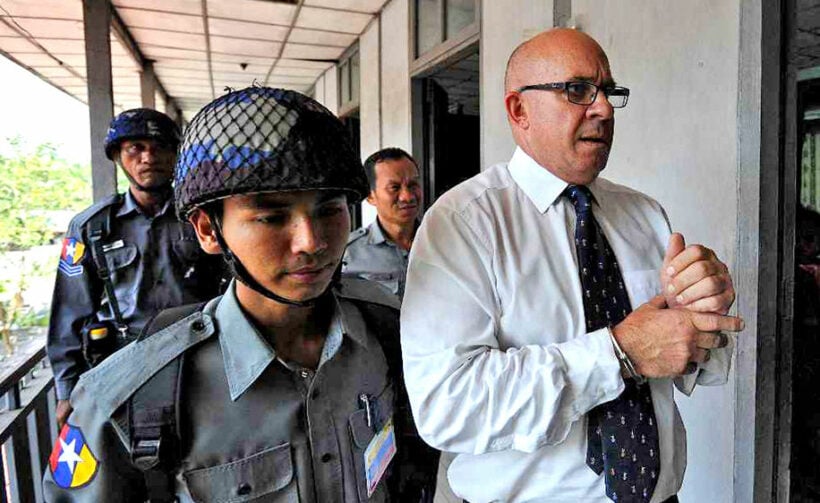
PHOTO: AFP, via The ASEAN Post
Latest Thailand News
Follow The Thaiger on Google News:
